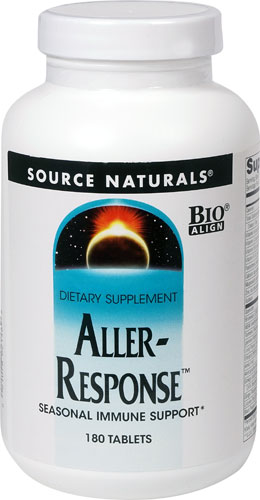It’s that time again. The smell of fresh cut grass, the sight of trees and flowers blooming, and the feel of watery eyes, runny nose and a scratchy throat. For some, spring, summer and fall means seasonal allergies.
This can be extremely frustrating – leaving many feeling like they can’t enjoy the outdoors. Why do some people get seasonal allergies? And what can they do to protect themselves from allergens and exacerbated symptoms?
What are seasonal allergies?
Seasonal allergies are immune reactions to airborne substances that are prevalent during certain times, or seasons, of the year. The American College of Allergy, Asthma and Immunology reports that 40-60 million Americans are affected by allergic rhinitis, or seasonal allergies.
Seasonal allergies develop when your immune system overreacts to something in the environment, like pollen. This oversensitivity causes respiratory symptoms, including:
- congestion
- post-nasal drip
- excess mucus production
- runny nose
- sneezing
- scratchy throat
- itchy, watery eyes
- ear irritation
Seasonal allergies can also leave you feeling fatigued, unable to focus and irritable. And it’s linked to skin issues like eczema and hives.
Often, people with seasonal allergies have some kind of underlying medical condition that affects their immune system functioning. This makes them more vulnerable to environmental triggers. When a person with seasonal allergies comes into contact with pollen or another allergen, the body releases histamine and works to attack the harmless substance.
To improve seasonal allergy symptoms, the focus is on supporting and strengthening the immune system.
7 Natural Remedies for Allergies
The CDC indicates that the treatment of seasonal allergies involves avoiding contact with the allergen. For people who are allergic or sensitive to pollen and other outdoor triggers, this can be nearly impossible. Plus, who wants to spend the beautiful spring, summer and fall months stuck indoors?
To help your body deal with this sensitivity, you need to strengthen your immune system and cut out actions or foods that cause inflammation.
1. Avoid inflammatory foods
If you suffer from seasonal allergies, you want to lighten the burden that certain foods put on your immune system. This limiting or avoiding these foods/beverages:
- Alcohol
- Caffeine
- Conventional dairy
- Chocolate
- Sugary foods
- Artificial sweeteners
- Packaged and processed foods
- Common allergens, including wheat, soy, peanuts and shellfish
If you have a ragweed allergy, it’s also important to avoid foods that can trigger an allergic response, like bananas, melons, cucumbers, sunflower seeds, chamomile and echinacea.
2. Eat immune-boosting foods
It’s important to eat foods that will strengthen your immune system when combating seasonal allergies. The top foods for seasonal allergies include:
- Raw local honey (about 1-2 tablespoons per day)
- Bone broth
- Probiotic-rich foods, such as kefir, natto, kombucha and sauerkraut
- Apple cider vinegar
- Fresh (quercetin-rich) organic vegetables, such as leafy greens, beets, carrots and yams
- Organic proteins, such as free-range poultry, grass-fed beef and wild-caught salmon
3. Spirulina
Spirulina is a blue-green algae that’s loaded with nutrients and available in many forms, including spirulina powders and capsules. In studies, spirulina has been shown to support nasal health and provide relief for congestion and itching.†
4. Probiotics
Probiotics contribute to immune health by supporting intestinal flora in the gut. Research suggests that taking probiotics can help with allergic sensitizations and symptoms of allergic rhinitis.†
5. Stinging nettle
Stinging nettle has anti-inflammatory and antihistamine properties, allowing it to help with seasonal allergy symptoms. Studies show that it has positive effects when it comes to allergy symptoms, when compared to placebo.†
But be aware that stinging nettle can cause adverse interactions with certain medications, like those for diabetes and high blood pressure, blood thinners and sedatives.
6. Essential oils
It can be helpful to use essential oils that open nasal passages and the lungs, improve circulation and relieve stress. Oils such as eucalyptus, peppermint and lavender can be diffused at home or applied topically to the chest and back. To use essential oils on the skin, simply combine them with a carrier oil, such as coconut oil or jojoba oil.
7. Limit pollen exposure
Because pollen triggers your immune system, it’s important to limit exposure as much as possible. Again, this doesn’t mean that you need to stay indoors all day, but there are some measures you can take. On days that the pollen count is high or when it’s very windy, limit your time outdoors.
It may also help to shower before bed, wash your clothes daily and bedding frequently and limit the amount of carpeting in your home, if possible. It’s easier to reduce pollen in your home by cleaning hard-surfaced floors.
†These statements have not been approved by the Food and Drug Administration. These products are not intended to diagnose, treat, cure or prevent disease.




